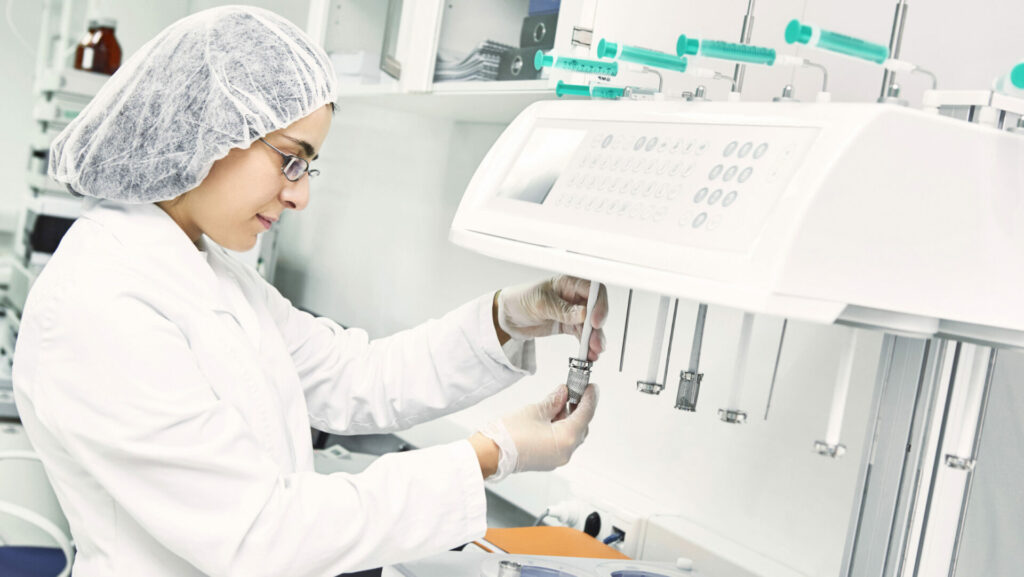
Study paves the way for improved detection of heart disease in female carriers of DMD
September 7, 2022 1:56 pmA recent report from a study funded by partly by Alex’s Wish, in collaboration with Duchenne UK has improved understanding of early detection of heart muscle disease in female carriers of Duchenne muscular dystrophy (DMD), paving the way for further research.
Women and girls who carry a mutated DMD gene (‘carriers’) can sometimes show mild symptoms of the disease.
DMD carriers are at risk of developing cardiomyopathy, which affects the ability of the heart to pump blood around the body.
Currently, DMD female carriers are advised to have their hearts checked every three to five years by taking scans such as ECG, echocardiogram or MRI. However, quicker and more cost-effective ways to detect heart problems would prevent late diagnosis and enable earlier treatment.
In 2020, Duchenne UK and its charity partners invested £53,000 in a study led by Dr Lee Borthwick and Dr John Bourke at Newcastle University which aimed to improve the ability to detect cardiomyopathy in both female carriers and male DMD patients.
Drs Borthwick and Bourke examined the heart tissue of patients and used this to identify molecules in the blood that could act as biomarkers (indicators of damage to the heart).
This study has now come to a close, and the preliminary data shows that these biomarkers have the potential to detect early cardiomyopathy in a way that is fast, reliable and cost-effective.
The biomarkers need to be tested in larger cohorts of female carriers, as well as male DMD patients, to be fully validated. However, this pilot project has laid vital foundations for future research to improve the speed of diagnosis and treatment of cardiomyopathies.
Thanks to this initial funding by Duchenne UK, the researchers have established collaborations with other research centres and have applied to fund a PhD studentship to follow up on this work. They plan to secure more funding through 2023 to further advance this research and its potential impact in the clinic.
Dr John Bourke said “The results of this preliminary study provide exciting proof of concept that it seems possible to detect early footprints of heart involvement from results of blood testing. This could make surveillance easier for patients and allow more selective use of heart scanning if blood results are reassuring.”
Emma Hallam, founder of Alex’s Wish, said “When Alex’s Wish was approached by Duchenne UK to help co-fund this project, we jumped at the chance. The sooner female carriers, like myself, know we have a heart problem, the sooner we can be treated and that’s imperative. The additional burden to female carriers knowing they may have a heart problem is hard especially when they have enough to worry about supporting their own child with Duchenne. I was pleased to be able to support this project and equally pleased that this vital work will help pave the way for quicker ways of testing for heart complications to help save lives of female carriers. Well done to everyone involved.”
This project was funded in collaboration with Duchenne UK, Chasing Connor’s Cure, Jack’s Aim, Smile with Shiv, Following Felix, Archie’s March and Help Harry

Posted in Funding, Research News

